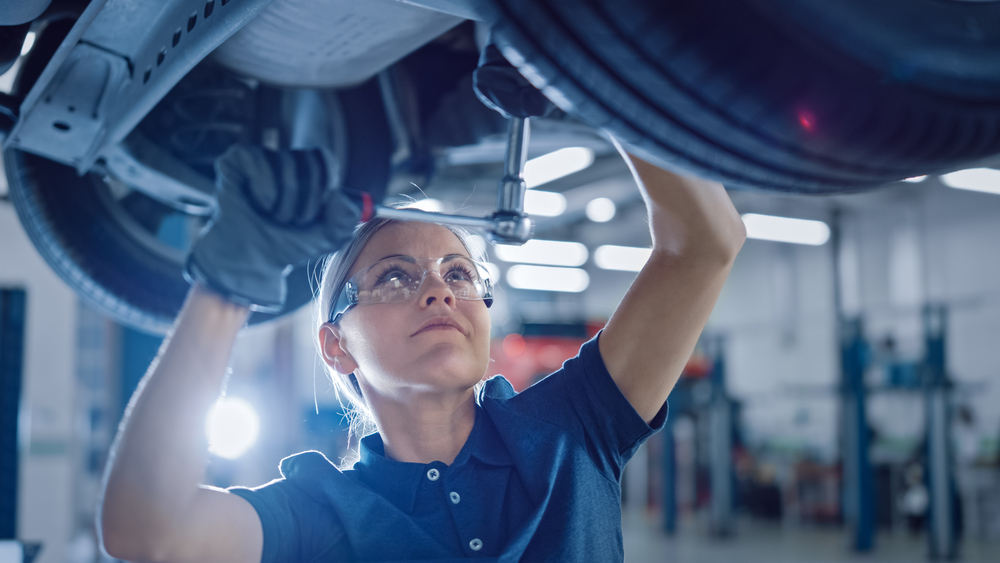Your cars engine is one of its most expensive and complex parts, and it requires proper care to function well for years. Many drivers unknowingly make habits that shorten an engine’s life. Some mistakes cause gradual wear, while others can damage the engine in a single incident. By understanding and avoiding these errors, you can keep your vehicle running smoothly and avoid costly repairs. Here are 10 things you should stop doing now if you want to protect your engine.
1. Ignoring Oil Changes
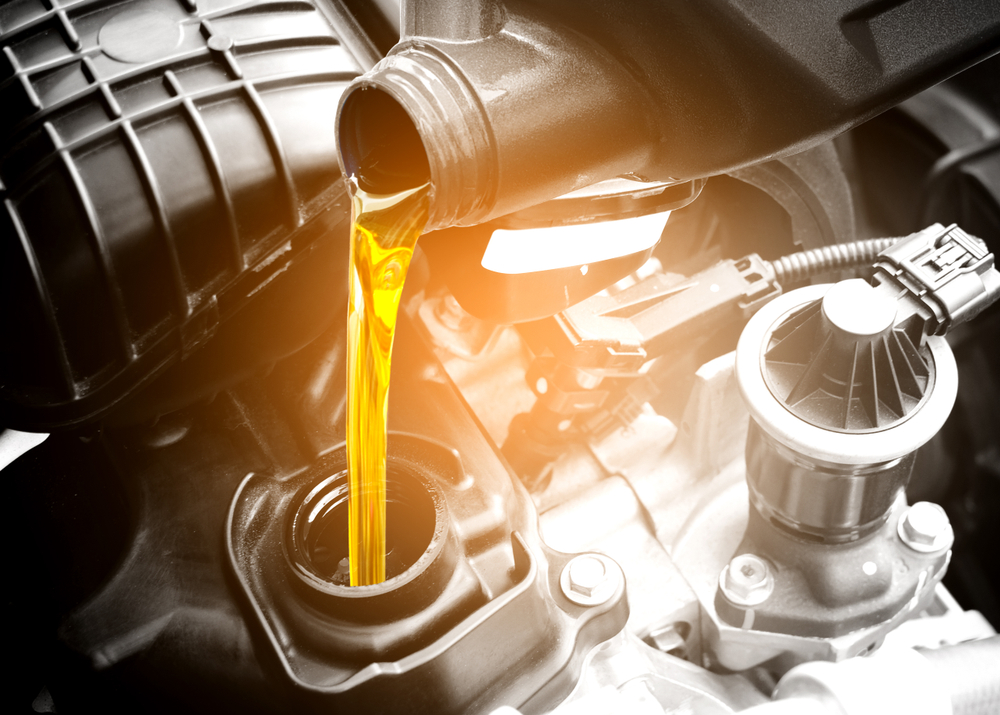
Motor oil is the lifeblood of your cars engine. It keeps moving parts lubricated, reduces friction, and helps control temperature. When oil changes are skipped or delayed, the oil becomes dirty and thick, leading to sludge buildup. This sludge clogs narrow oil passages, depriving critical parts of lubrication. Without enough clean oil, friction increases, which can seize the engine completely. Always follow your manufacturer’s recommended oil change interval and use the correct grade. Checking oil levels regularly between changes also prevents low-oil damage.
2. Driving With a Cold Engine
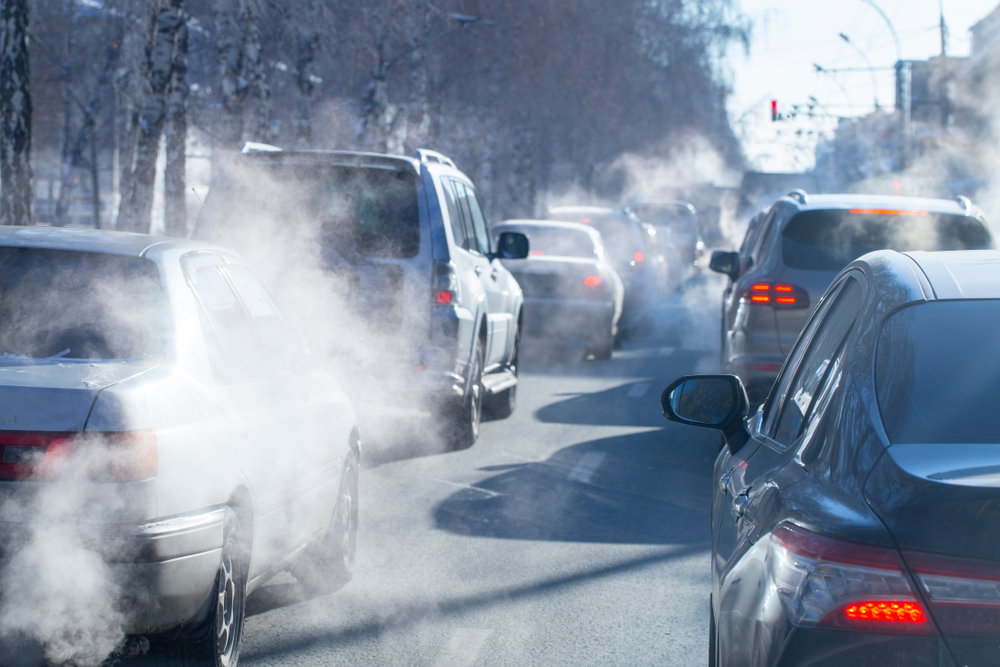
Cold oil is thicker and flows slower in your cars engine, which means it takes time to coat and protect engine parts. Driving aggressively or revving the engine right after starting forces unlubricated metal parts to grind together. This causes unnecessary wear on components like pistons, crankshafts, and bearings. Letting the engine run for at least a minute before driving allows oil to circulate. In colder climates, giving it two to three minutes is even better to prevent long-term wear.
3. Overheating the Engine
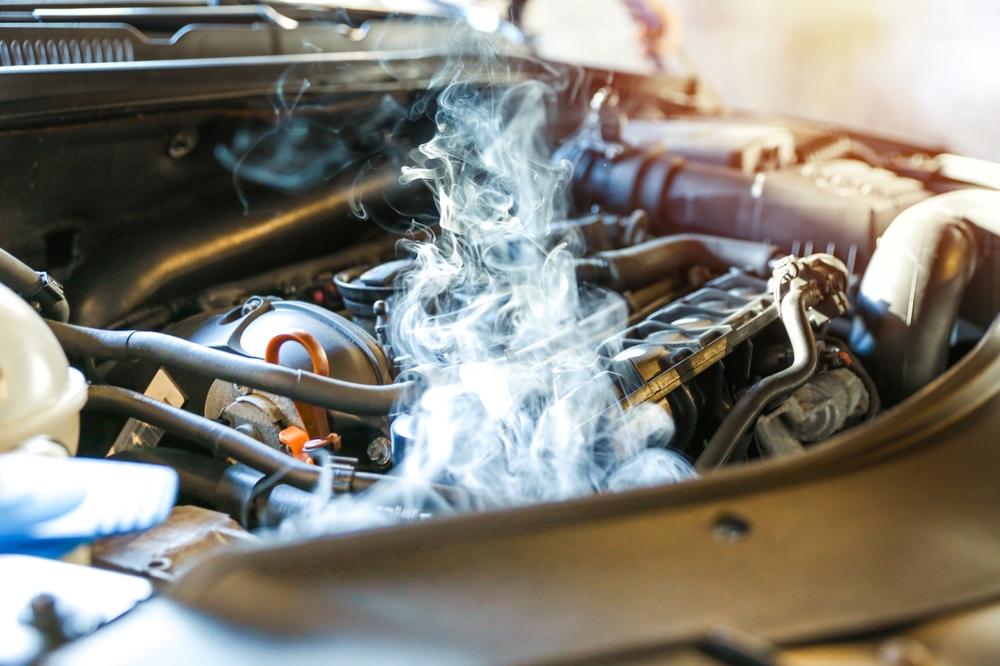
Engines are designed to operate within a specific temperature range. Overheating can warp cylinder heads, crack blocks, and blow head gaskets. Low coolant, a broken water pump, or a clogged radiator are common culprits. Monitoring your temperature gauge is essential, especially during long drives or hot weather. If the gauge starts to climb toward the red zone, pull over, turn off the engine, and let it cool before checking the coolant level. Driving an overheated engine, even for a short time, can cause irreversible internal damage.
4. Using the Wrong Fuel
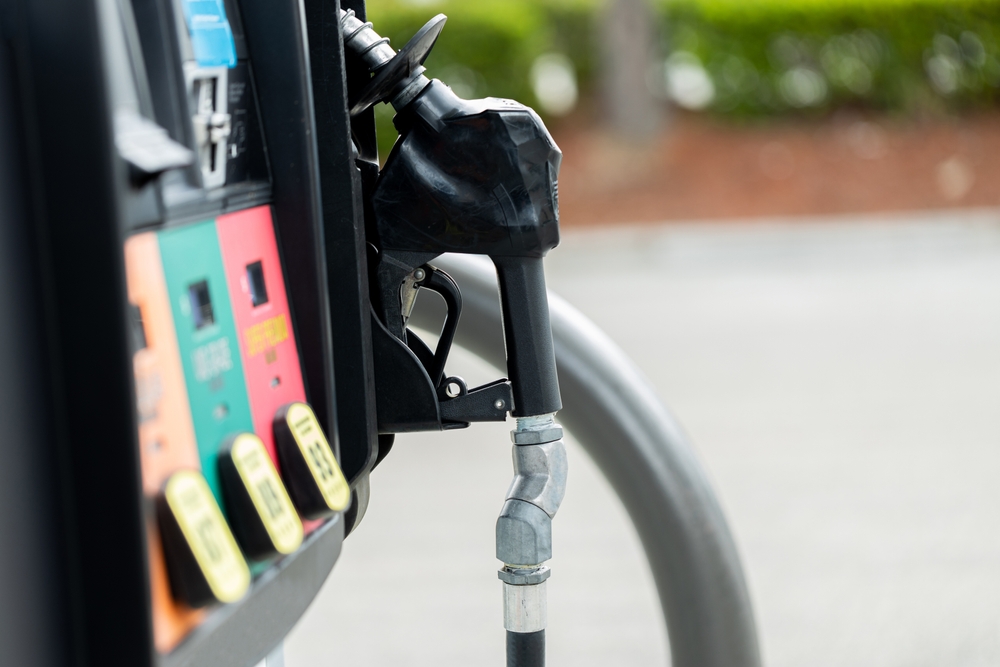
Every cars engine is designed for a certain octane rating. Using fuel with an octane level below what is recommended can cause engine knocking, a condition where air-fuel mixtures ignite too early. Persistent knocking damages pistons, valves, and cylinder walls. Using a higher octane than needed will not improve performance or fuel economy, so it is simply a waste of money. Putting the wrong fuel type, such as diesel in a petrol engine, can cause instant, severe damage that often requires complete engine replacement.5.
5. Ignoring Strange Noises

Engines rarely make unusual sounds without a reason. Knocking, ticking, grinding, or hissing can indicate serious issues such as worn bearings, low oil pressure, valve problems, or exhaust leaks. Ignoring these sounds allows the underlying problem to worsen. Even a small issue, like a loose component, can cause larger damage over time. Getting noises checked promptly helps catch repairs early and avoid expensive replacements.
6. Overloading Your Vehicle

Engines are designed to carry a specific load range. Exceeding that limit by transporting heavy cargo or towing too much weight makes the engine work harder than intended. This extra strain leads to overheating, faster wear on internal components, and increased fuel consumption. Overloading also puts extra stress on the transmission, suspension, and braking systems, all of which contribute to engine strain. Always check your car’s gross vehicle weight rating and avoid exceeding it.
7. Neglecting Air Filter Replacement
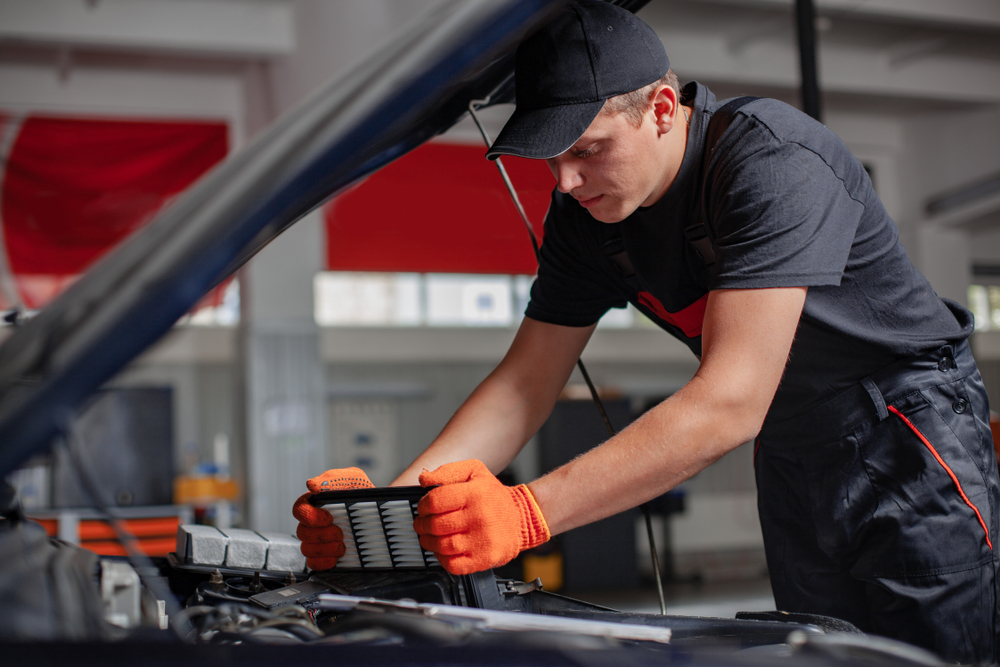
Your engine needs a precise air-to-fuel ratio to run efficiently. A dirty or clogged air filter restricts airflow, forcing the engine to work harder and burn more fuel. Over time, restricted airflow can cause incomplete combustion, leading to soot buildup and reduced performance. Worse, if the filter is damaged or extremely dirty, dirt particles can bypass it and scratch internal engine surfaces. Replacing the air filter at the recommended intervals helps keep your engine clean and efficient.
8. Frequently Running on Low Fuel
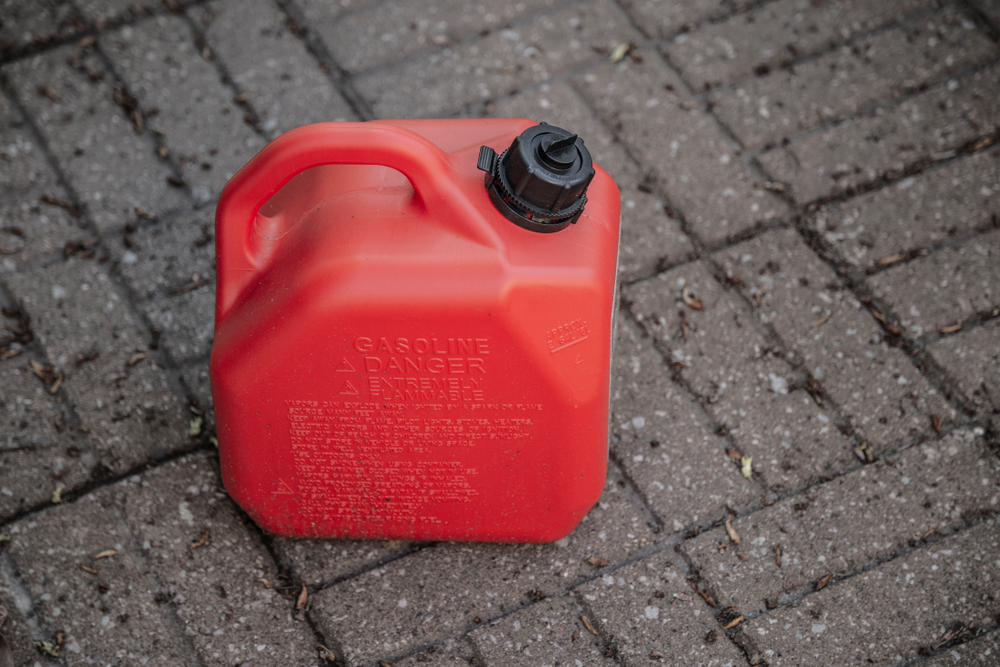
Running on near-empty fuel does more harm than most drivers realize. Fuel acts as a coolant for the fuel pump, and when levels are too low, the pump runs hotter, shortening its lifespan. Low fuel also stirs up sediment from the bottom of the tank, which can clog injectors and filters. While most modern cars can handle occasional low-fuel situations, making it a habit increases wear on the fuel system and risks starving the engine of fuel entirely.
9. Skipping Routine Maintenance
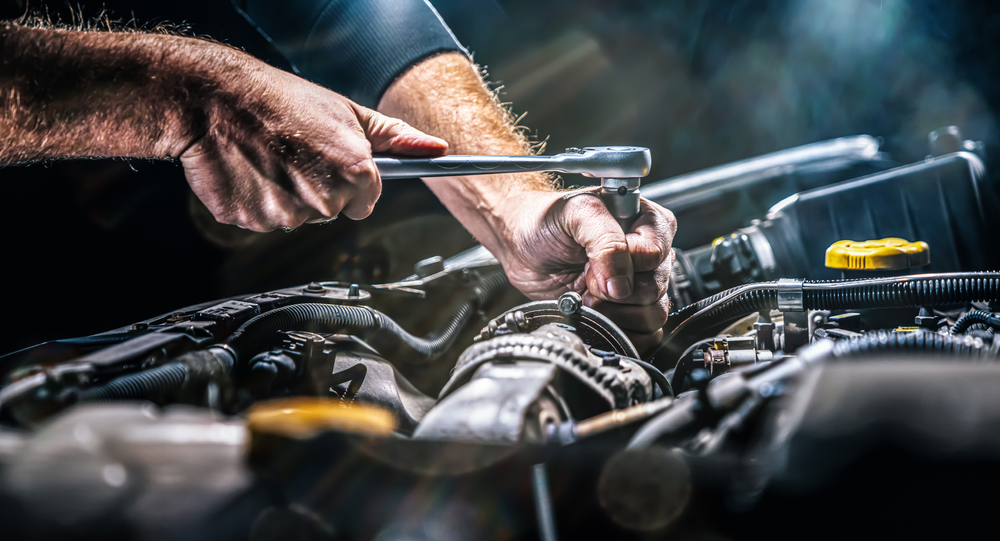
Engines rely on multiple interconnected systems. If one part fails, it can affect the whole engine. Worn spark plugs can cause misfires, old belts can snap, and cracked hoses can cause leaks. Some failures, such as a broken timing belt, can cause valves to collide with pistons, leading to catastrophic engine damage. Sticking to the maintenance schedule in your owner’s manual ensures these parts are checked and replaced before they fail.
10. Aggressive Driving Habits
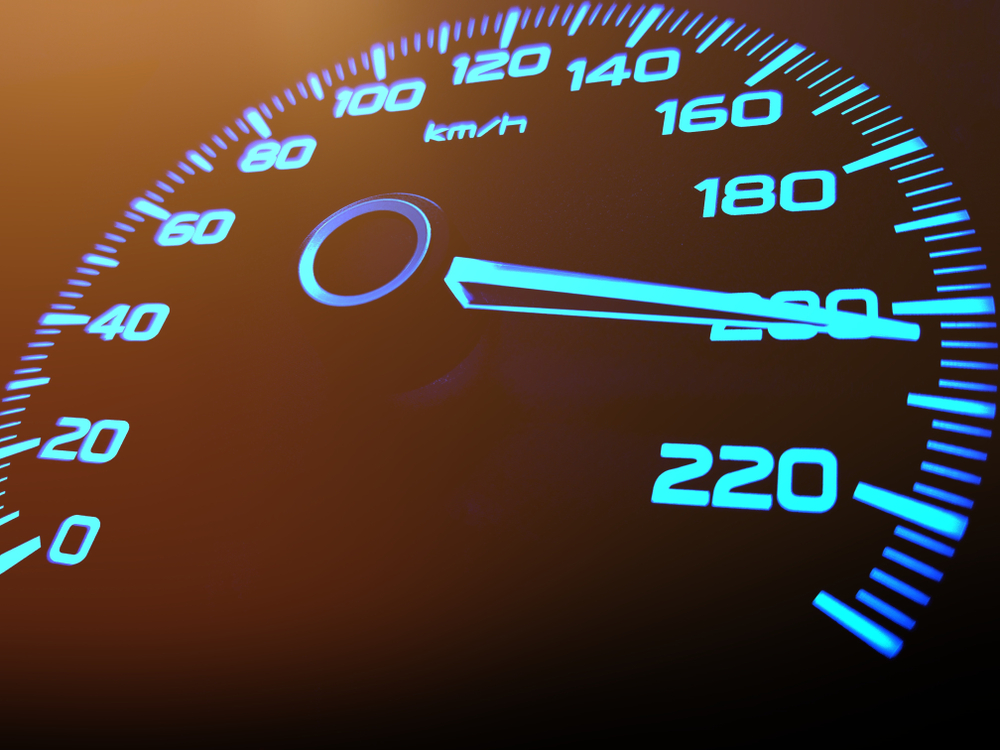
Driving aggressively creates constant stress on the engine. Hard acceleration, sharp braking, and maintaining high RPMs generate more heat and cause components to wear out faster. Aggressive driving also increases fuel consumption and can strain the cooling system. Smooth, steady acceleration and consistent speeds not only extend engine life but also improve fuel economy and reduce repair costs over time.
Your Engines Lifespan
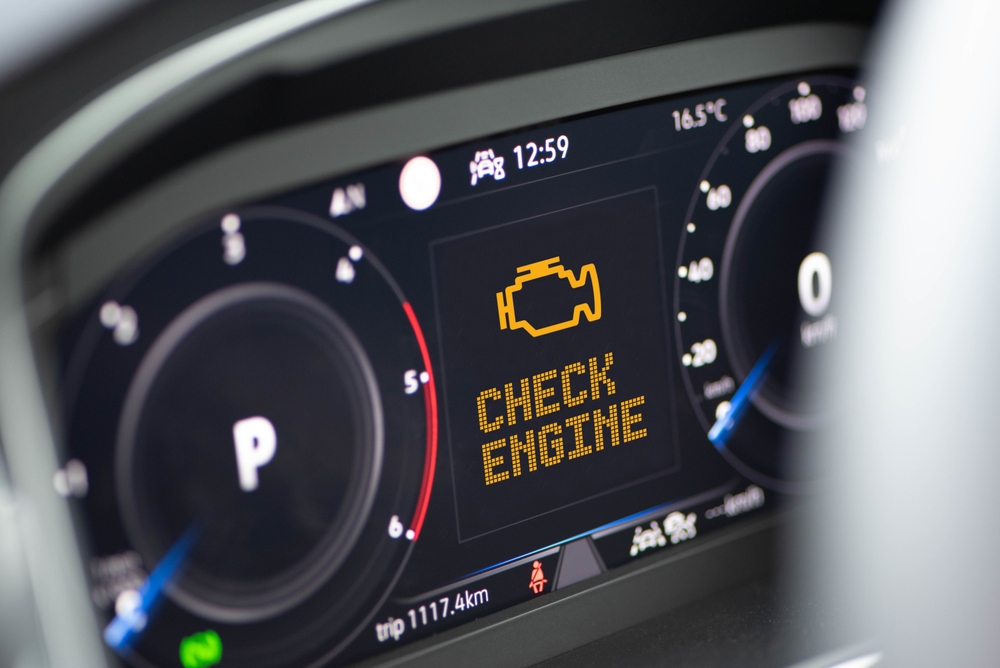
Avoiding these habits can add years to your engine’s lifespan and save you thousands in repairs. Treat your engine as an investment by keeping up with maintenance, using the correct fuel, and driving responsibly. A well-cared-for engine rewards you with better performance, improved reliability, and a smoother driving experience.
Disclaimer: This article was created with AI assistance and edited by a human for accuracy and clarity.
